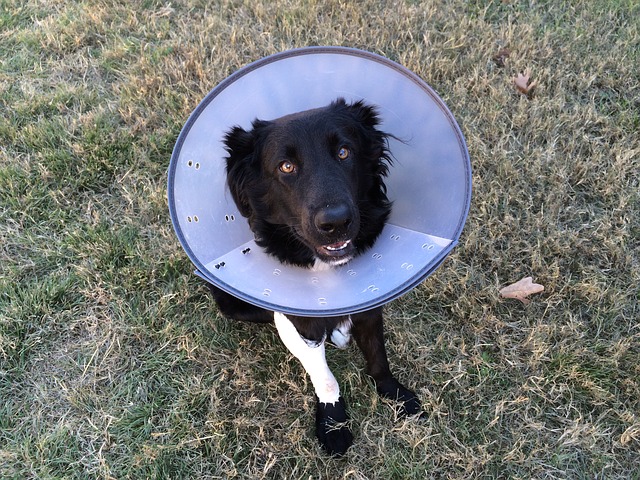
Has your favorite four-legged friend just had an operation and you want them to get back to 100%? With these tips, you will comfort your dog so they will be able to resume their normal way of life.
Having your dog undergo surgery can be a scary process for both the animal and owner. Once your four-legged friend gets out of the Everhart operating room, the next step is recovery. The process can last from weeks to months, depending on the severity of the surgery. In this post, we will go over how you can take care of your dog so they’ll get back to 100 percent so they can start living a healthy life again.
On the Floor and Away From Others
Before your dog goes into surgery, make them a space they can be taken to once you get them back home. Possibly to your laundry room or another space in your home that is isolated from you and anyone else living in the home. You should do this because although you may think the anesthesia has worn off, your dog may still feel the effects and may stumble. The after-effects of the anesthesia makes it hard for your dog to walk around obstacles. Not only is this temporary isolation of your dog for their comfortability after surgery, but it’s also for the safety of other animals and your children. After surgery, for the first few days, your dog will be feeling the pain, which can increase the chances they might snap or even bite at other pets or children. Also, keep your dog away from other dogs for about two weeks because you may run the risk of other dogs licking your dog’s wounds.
Hydration and Time Outside
After surgery, whether human or animal making sure your hydrated is essential, especially your dog. They will need more liquids than usual, but at times your dog won’t think their thirsty. Also, be wary of dogs you may become too groggy and may drop their heads into their water dish and drown. When feeding your dog only give them small amounts of bland foods such as boiled chicken and don’t give them any treats. Another reason for the small meals is because your animal may feel nauseous, and the possibility of vomiting would increase. With all these liquids, you need to allow your dog to have some time outside. Allowing them to be outside is because the IV fluids makes your animal urinate more often. Also, this will decrease the chances your dog has an accident while in your home.
Prevent Licking
No matter where the incision is from your dog’s surgery, you have to make sure they don’t lick them. As stated before, this is why isolating your dog from other is to make sure other dogs don’t mess with the wound. If you were given the “cone” make sure to keep this on your dog until the wound has fully healed. Just a reminder that it only takes a dog a few minutes to take out the stitches by biting them so always keep an eye on your dog.
Trust the Care of Your Pet to the Professionals at Everhart Veterinary Medicine!
At Everhart Veterinary Medicine, our veterinary professionals strive to provide your pet with the very best of veterinary care. We believe that the best care for your pet should be provided by experienced, compassionate, and knowledgeable veterinary professionals. With two Maryland locations in both Baltimore and Pasadena, we are always ready to welcome your pet as a new patient! Give us a call today at 410-355-3131 or 410-793-7670! For more information, as well as updates on veterinary news and topics, visit us on Facebook, Twitter, LinkedIn, or Pinterest!
